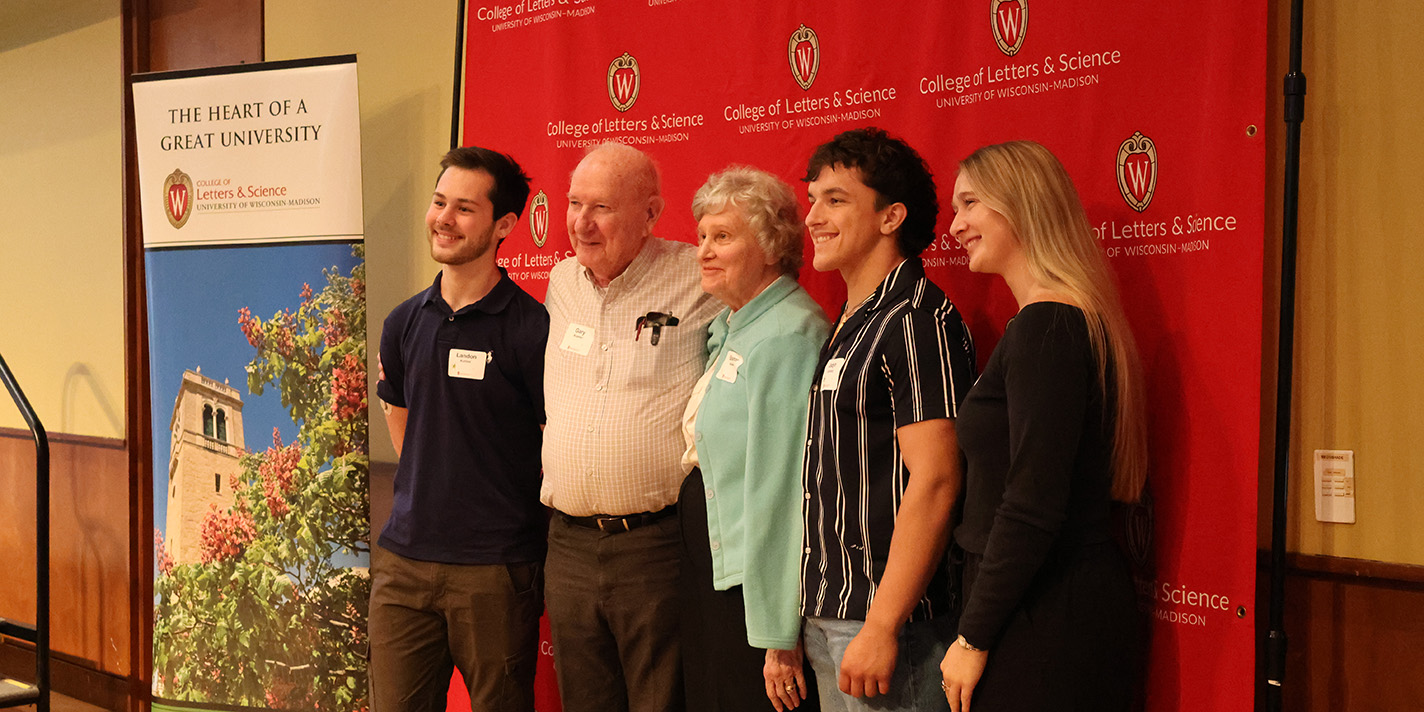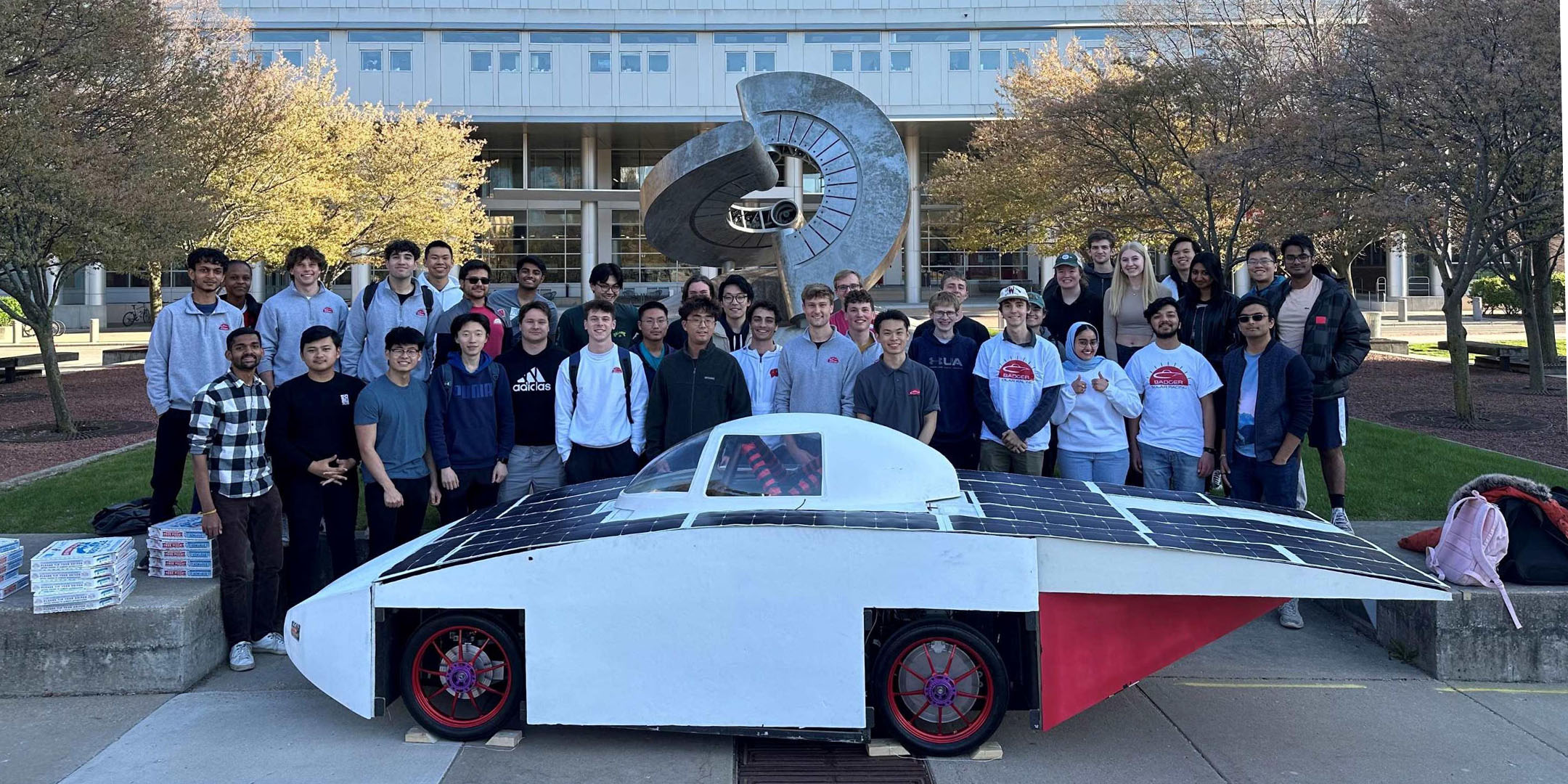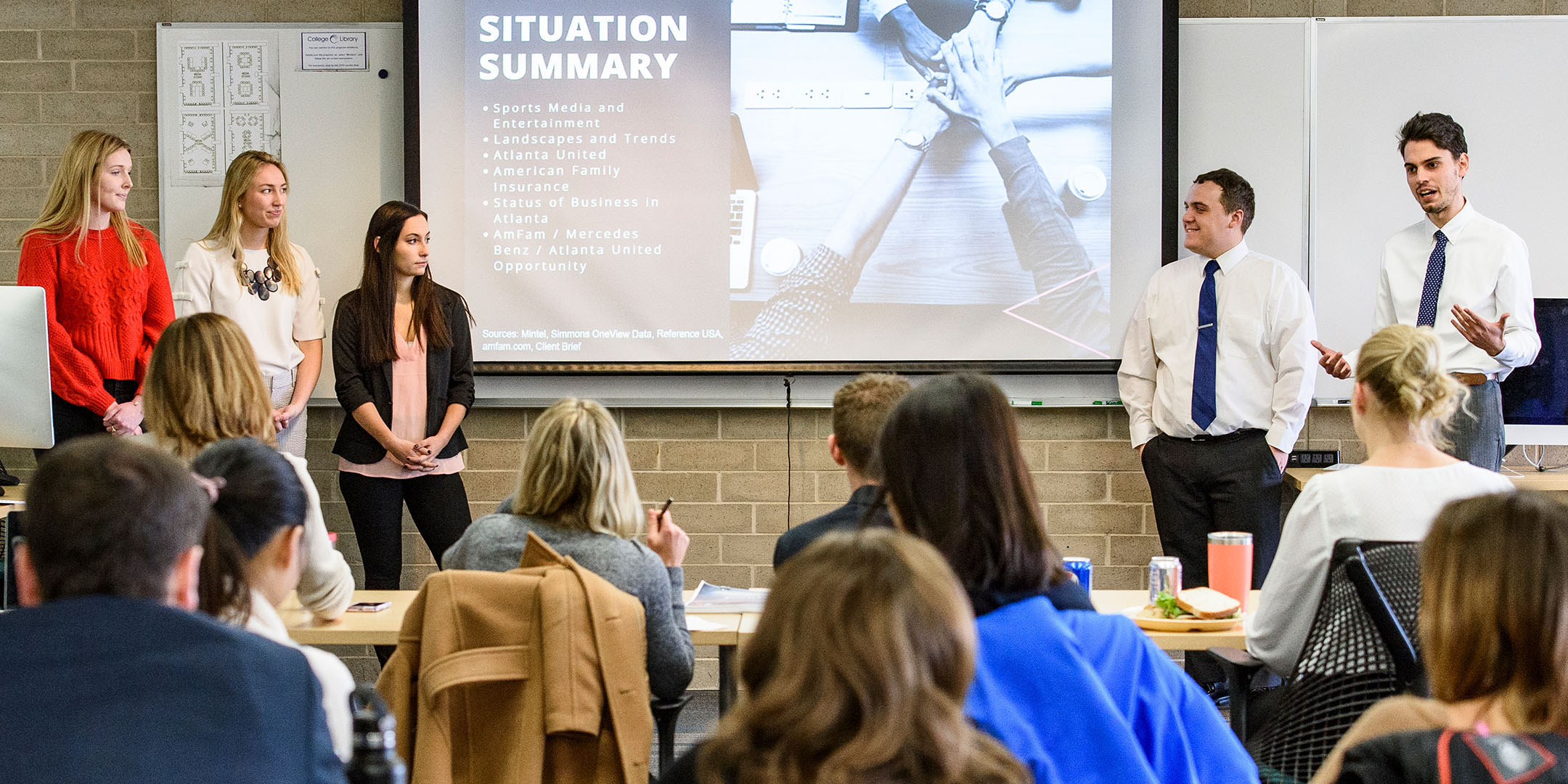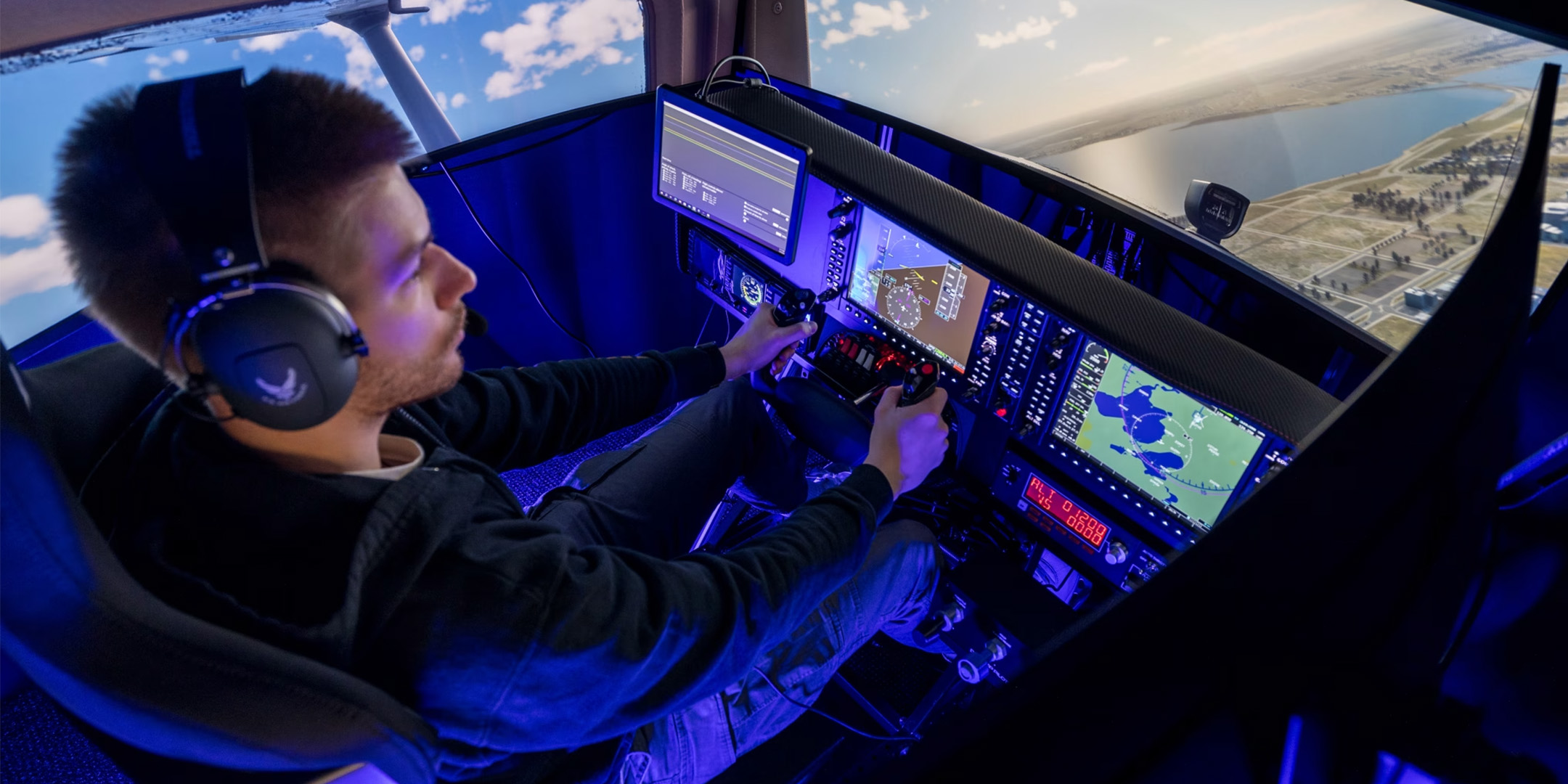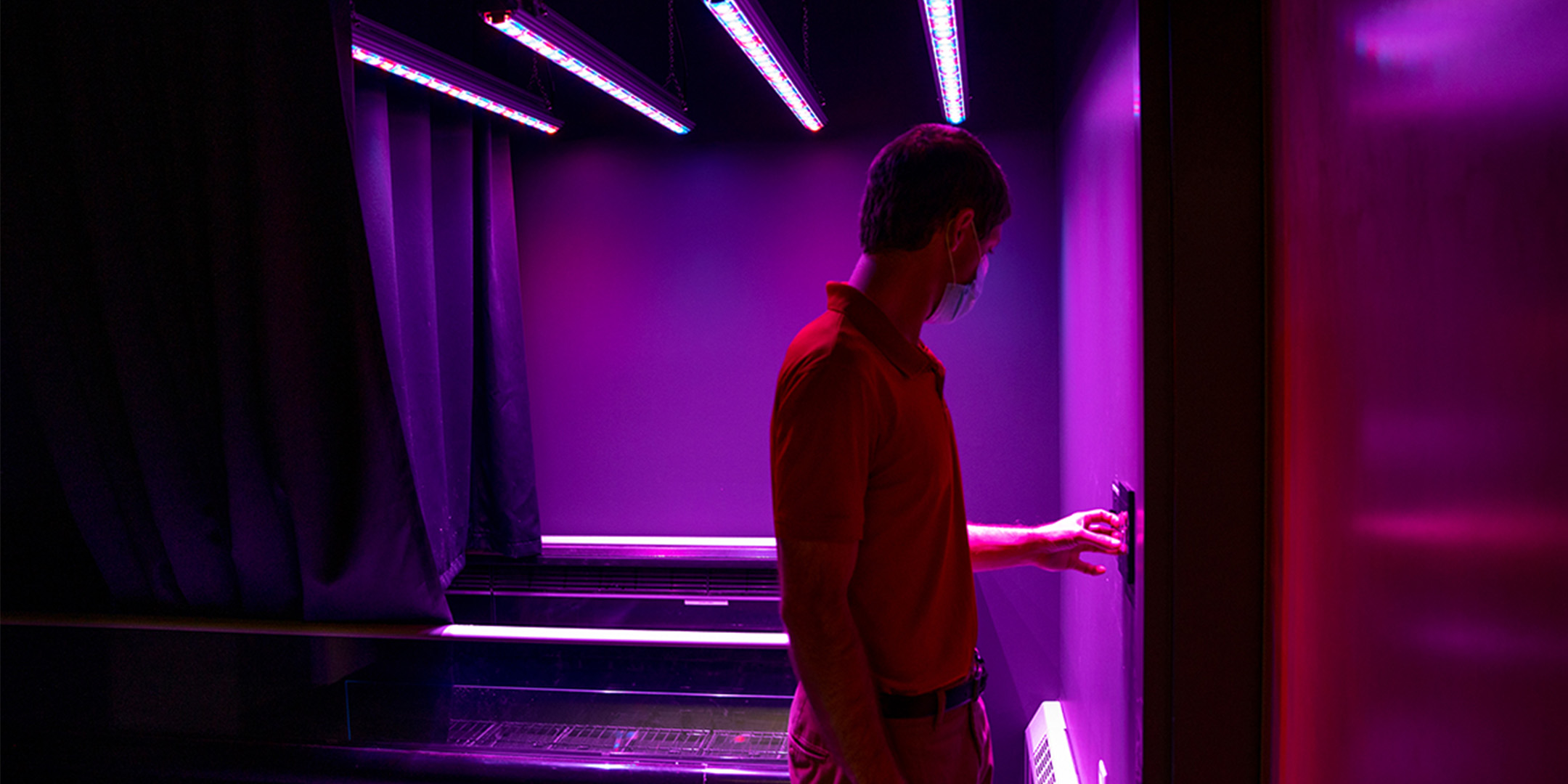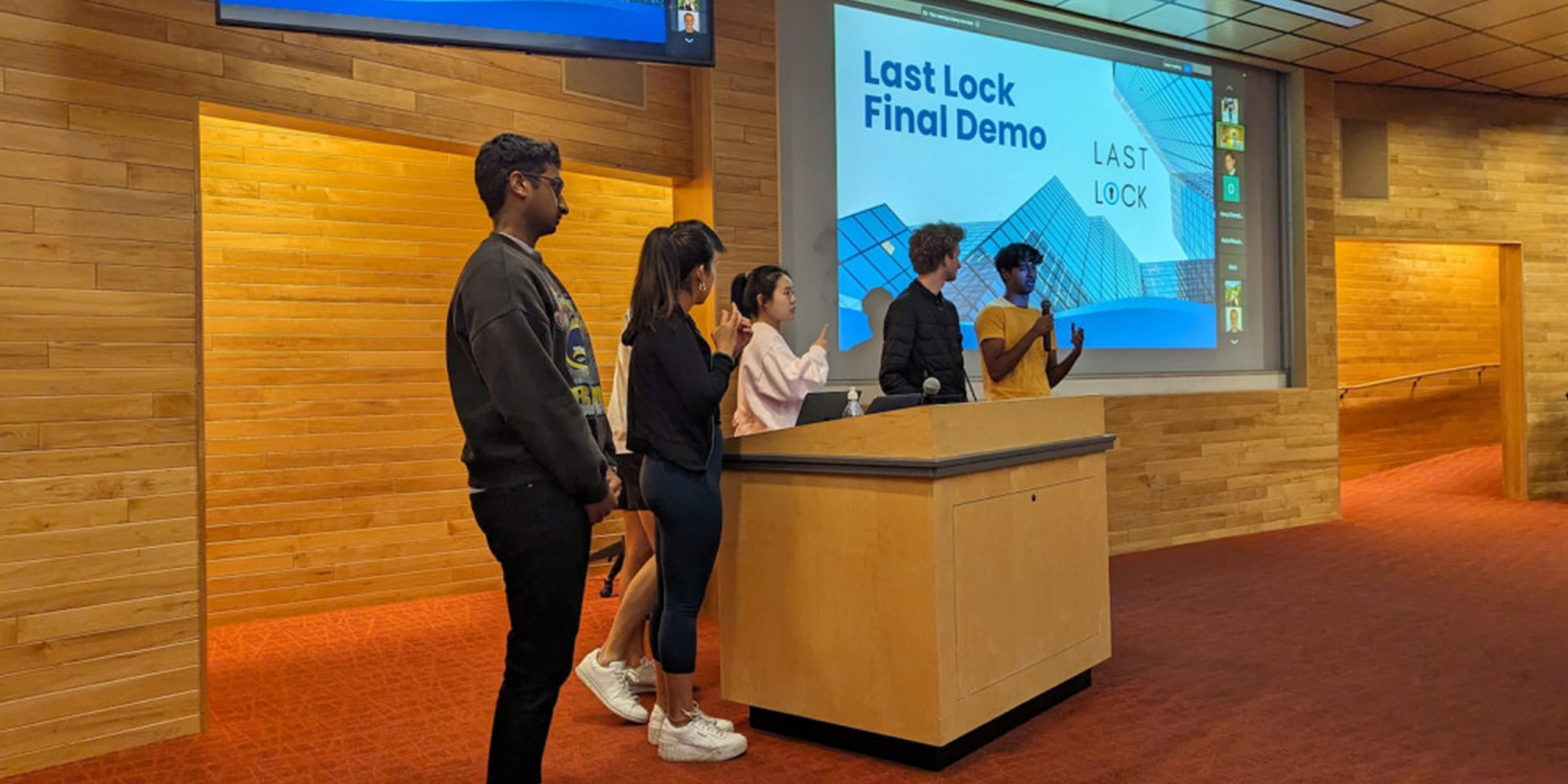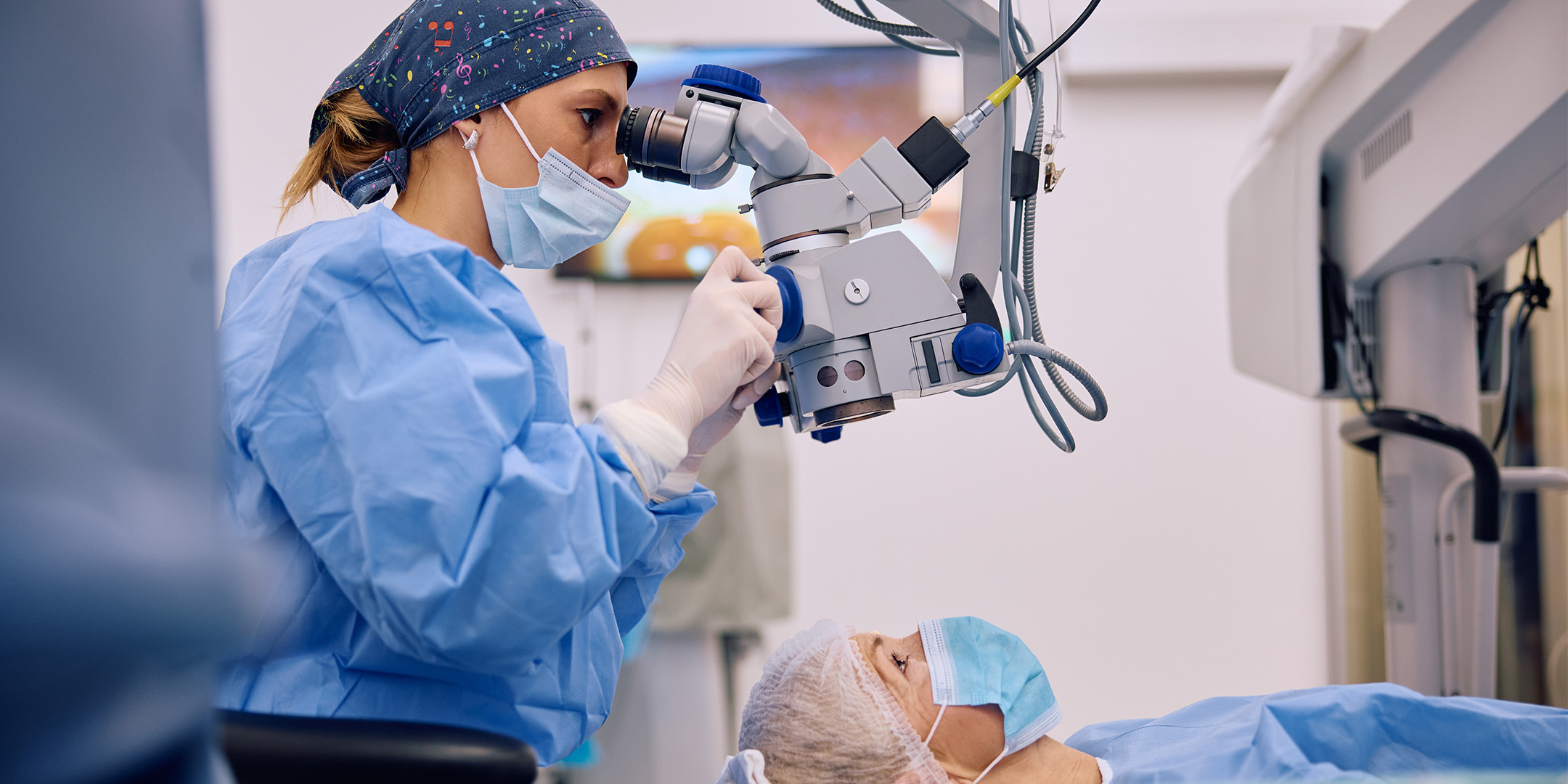Gary Kramer ’67, MS’69, and his wife, Ellie, embody the spirit of lifelong generosity. From humble beginnings in Eastman, Wisconsin, Gary journeyed to UW–Madison largely because of the encouragement of his high school guidance counselor and the support of scholarships that made his college education possible. Though his academic path shifted — from chemistry to… Read more »
Imagine UW–Madison engineering students collaborating on a solar-powered race car, a mathematics faculty member pioneering an experimental lab to improve undergraduate research, or a human ecology program offering public speaking opportunities beyond the classroom to advance career skills. Discretionary funds make these feats possible, and at the UW, these donations are opening doors to life-changing… Read more »
UW–Madison is launching the Wisconsin Entrepreneurship Hub, a bold new initiative to strengthen entrepreneurial pathways across campus.
A new state-of-the-art flight simulator at the UW College of Engineering is enhancing the aerospace option within the engineering mechanics major.
Micah Robinson ’23, MSx’25 walked into the Biological Systems Engineering Shop with one goal: to make “cool stuff.”
Experiential learning at UW–Madison is transforming education by combining classroom theory with real-world preparation.
For more than two decades, Morrison “Morrie” Waud Jr. was a cherished friend and enduring champion of the UW School of Veterinary Medicine (SVM).
One of the nation’s 10 most prominent research institutions, UW–Madison is unique for its collaborations, which help researchers become innovators and bring life-changing advancements to patients. Thanks to a significant boost from federal funding and the generosity of dedicated donors, researchers at the UW are on the cusp of revolutionizing treatments for two rare, currently incurable eye diseases: Best disease (BD) and Leber congenital amaurosis (LCA).
